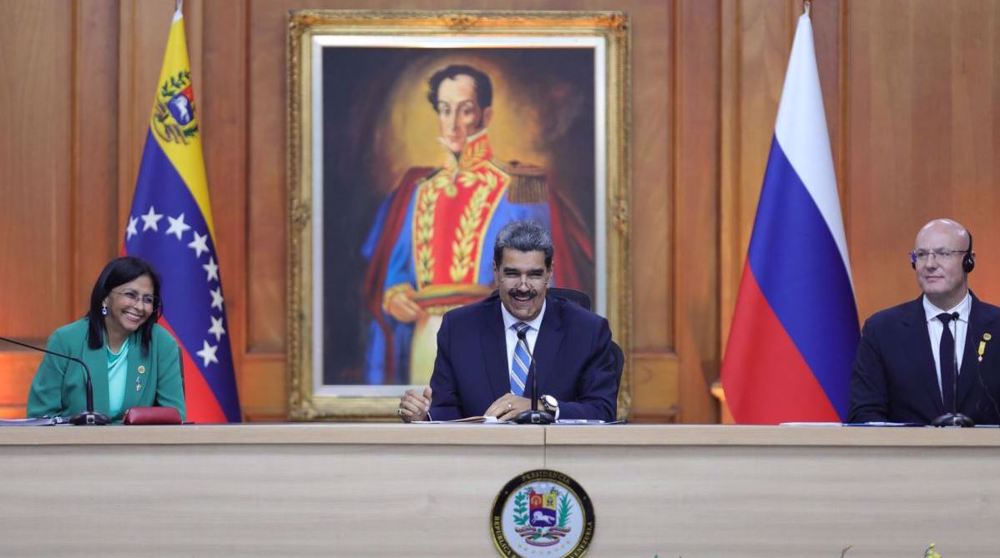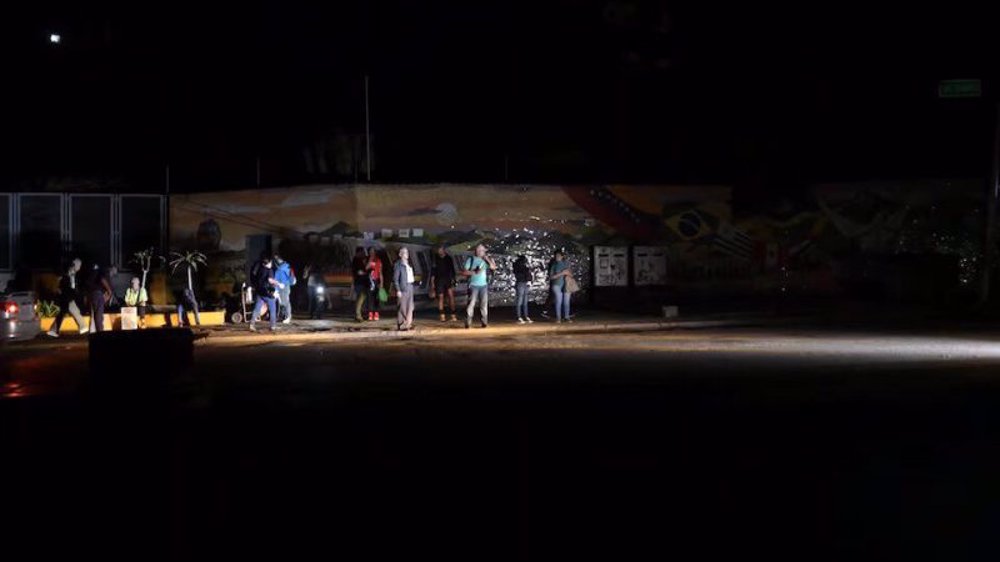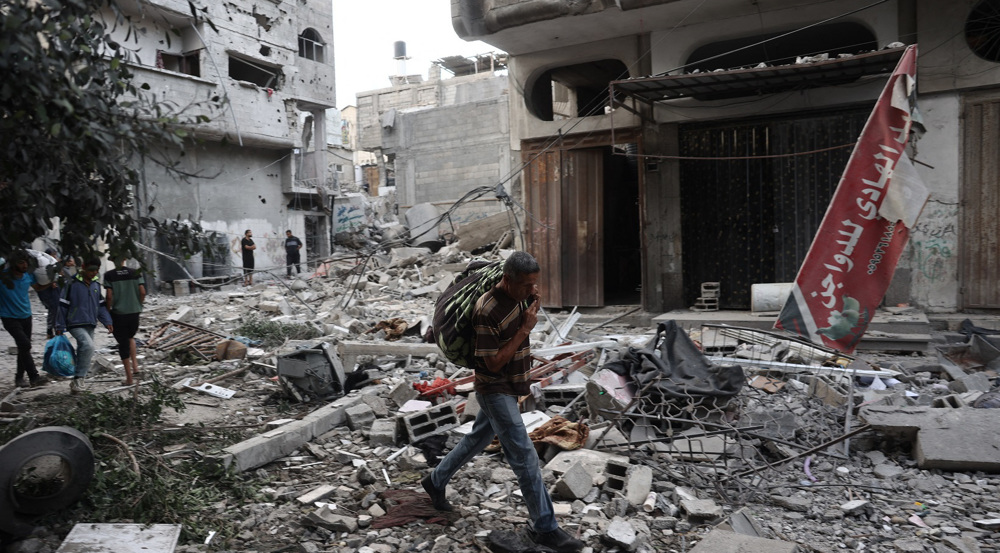Venezuelan protesters clash with police
Anti-government protesters in Venezuela have clashed with police during demonstrations against a ban on opposition leader Henrique Capriles to run for office for 15 years.
Protesters threw rocks and Molotov cocktails at police, who responded with tear gas and rubber bullets, in the capital city, Caracas, on Saturday.
At least 17 people were treated for injuries, according to Ramon Muchacho, a Caracas-area mayor.

The protest rally in the capital came after the government on Friday barred Capriles from running for office for a decade and a half over alleged “administrative irregularities” during his term as the governor of the northern state of Miranda, his current office.
“Nobody can disqualify the Venezuelan people,” Capriles said, addressing the protesters from a stage during the Saturday rally.
A group of protesters unsuccessfully tried to storm a Supreme Court office building and torch it. As night fell, youths burned trash and tore down street signs in eastern Caracas.
The opposition has called for another protest on Monday.
Read more:
However, security is tight around most of Caracas, with police checkpoints set up to contain the protesters.
The opposition leadership has blamed the government of President Nicolas Maduro for initially triggering violence with what it has described as an “ongoing coup” by the ruling government. It is a reference to a recent Supreme Court decision to annul the opposition-controlled parliament. The Supreme Court is allied to Maduro.
While that decision was reversed under increasing pressure from the opposition and foreign governments, protests against the Maduro government have taken a life of their own.
Read more:
- Venezuela's Supreme Court reverses ruling on National Assembly annulment
- Venezuela authorities urge review of Supreme Court’s ruling
The government has denied charges that it is seeking to consolidate power. “It’s untrue that a coup has taken place in Venezuela,” the government said in a statement earlier this month.
“On the contrary, the institutions have taken corrective legal action to stop the distractive, coup-like actions of an opposition that has declared itself openly in contempt of the decisions made by the republic’s top court,” it said, referring to an earlier court ruling that declared the parliament in contempt of court.
Tensions have been running high between the opposition and the government since the 2015 elections, when the opposition gained control of the parliament. Public discontent with the government has been high as a result of the economic woes gripping the once-booming Latin American economy. Venezuela has the world’s largest oil reserves.

The opposition blames Maduro’s socialist government for the country’s economic troubles, while the leftist government blames the opposition forces for inciting political unrest.
Last year, the opposition launched an abortive attempt to force Maduro out of office by seeking to hold a recall referendum.
VIDEO | Intl. Day for the Elimination of Violence against Women: A stark reminder of Gaza women
Australia denies ex-Israeli minister Shaked visa
VIDEO | 85% of Yemeni displaced people face daily hunger crisis
US House passes bill targeting charities and pro-Palestine groups
VIDEO | Supporting Gaza genocide
Hezbollah attacks Israeli forces after Lebanese homes blown up
World leaders, states hail ICC arrest warrants for Netanyahu, Gallant
MP: US accountable for possible Israeli 'foolishness' to attack Iraq














 This makes it easy to access the Press TV website
This makes it easy to access the Press TV website